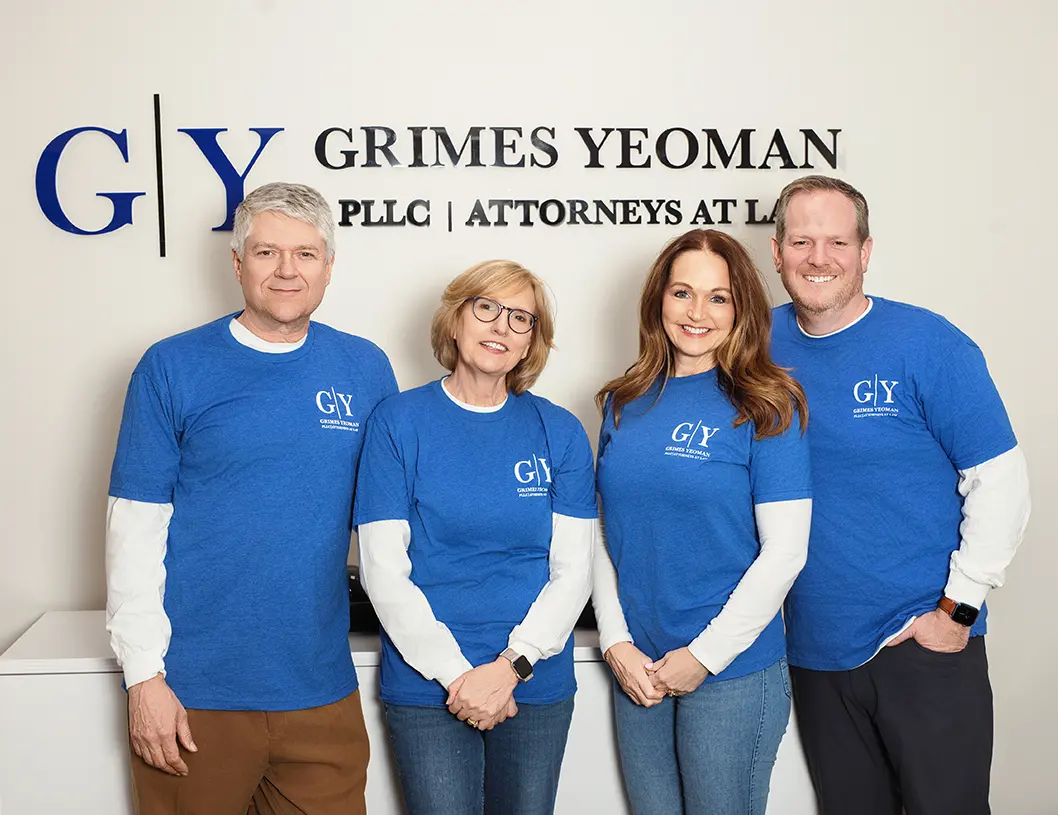Earlier this year, more than fifty nursing homes in the Carolinas, including several in the Charlotte-area, were flagged by the Centers for Medicare and Medicaid Services for past abuse and neglect.[1] It is an unfortunate fact that older adults who require nursing care are vulnerable to abuse and neglect for a number of reasons, including social isolation. For that reason, if you have a parent, grandparent, or loved one in a nursing facility, your participation in their care is extremely important and you should be aware of the signs to look out for and resources that can assist you, should you suspect abuse.
Elder abuse can include physical, emotional, or sexual abuse, as well as neglect and financial exploitation. You should visit your loved one frequently, at varying times, to observe the quality of care received. Be sure to document any concerns or issues you observe, including details like dates, times, and names of those involved. Watch out for the following red flags that signal abuse in a nursing setting:
- Significant, sudden change in behavior [e.g. withdrawn, fearful, lack of appetite].
- Dramatic physical changes [e.g. weight loss, decline in mobility].
- Unexplained injuries [e.g. bruising].
- Residents are physically restrained and/or appear to be over medicated.
- Severe lack of staff.
- Residents appear unclean, have body odors.
- Staff disregard residents and their rights. Complaints are ignored.
- Missing personal items or funds.[2]
You can also find additional signs of emotional, behavioral, physical and financial signs of elder abuse here: https://ncea.acl.gov/NCEA/media/docs/Red-Flags-of-Elder-Abuse-English.pdf
If you are aware that an older adult is in immediate, life-threatening danger, call 911. You must report suspected abuse of an older adult as soon as possible. To seek help and report your concerns, you can:
- Talk to the facility administrator, social worker, or staff person.
- Contact the Long-Term Care Ombudsman (LTCO) Program. LTCO advocate for residents in long-term care facilities.[3]
- Contact your state licensing and certification agency.
- Contact Adult Protective Services (APS). APS investigates reports of abuse, neglect, and exploitation of older adults.
- Contact local law enforcement.[4]
You should also keep in mind that in most cases of elder abuse, the perpetrator is a family member. Two thirds are adult children or spouses, so keep an eye on your loved one whether he or she is receiving care at home or in a facility.[5]
At Grimes Yeoman, we know how important it is to ensure that your loved ones are receiving the best care possible. If you have concerns about the care your loved one is receiving and need advice regarding what to do next, give us a call at [nap_phone id=”LOCAL-REGULAR-NUMBER-1″] or contact us online for assistance.
[1] https://www.wcnc.com/article/news/investigations/investigators/charlotte-area-nursing-homes-flagged-abuse-neglect/275-b6468206-10a7-4880-93b7-cd946fc8c72a
[2] https://ncea.acl.gov/NCEA/media/Publication/Consumer-Voice-Put-a-Stop-to-Poor-Care-Brochure.pdf
[3] For more information on the Long Term Care Ombudsman Program and the services they provide, see https://www.ncdhhs.gov/assistance/adult-services/long-term-care-ombudsman. Regional ombudsman contacts can be found here: https://centralinaaging.org/what-we-do-services/ombudsman/.
[4] https://ncea.acl.gov/NCEA/media/Publication/Consumer-Voice-Put-a-Stop-to-Poor-Care-Brochure.pdf
[5] https://www.ncoa.org/public-policy-action/elder-justice/elder-abuse-facts/



